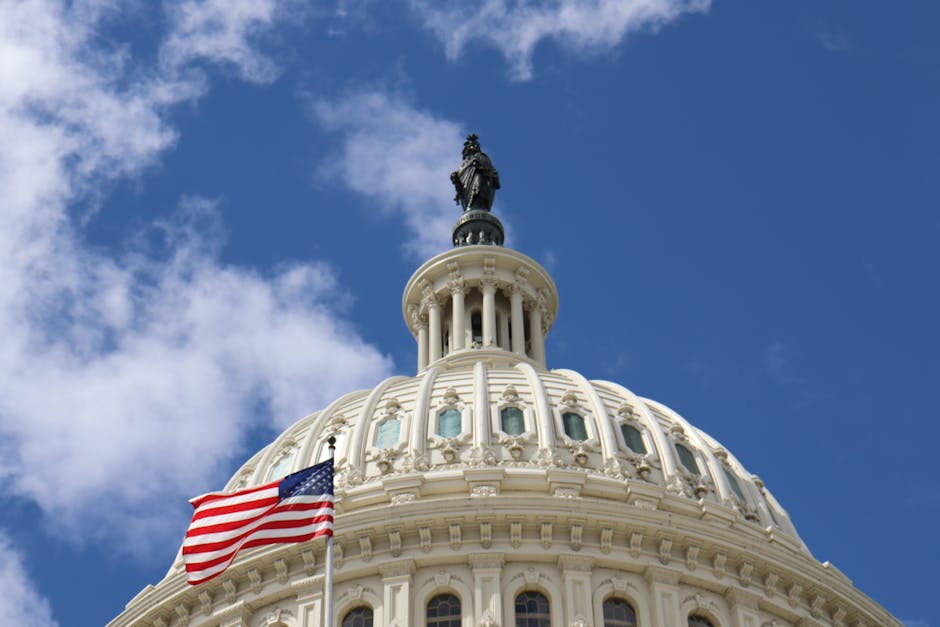Political conflict, a pervasive feature of human history, manifests in various forms, from subtle disagreements to devastating wars. Understanding its root causes is crucial for mitigating its destructive impact and fostering peaceful coexistence. This exploration delves into the multifaceted nature of political conflict, examining the interwoven factors that fuel antagonism and division.
A critical aspect of understanding political conflict lies in recognizing that it is rarely a simple matter of good versus evil. Instead, it’s often a complex interplay of interwoven factors, each contributing to a volatile mix. These factors frequently intersect, magnifying their impact and creating a cascade effect that can escalate into widespread violence and instability.
A primary driver of political conflict is the struggle for resources. Access to land, water, minerals, and other vital commodities often becomes a source of contention between individuals, groups, and nations. Scarcity, or perceived scarcity, fuels competition and resentment, pushing parties toward conflict as they vie for control of essential resources. This is particularly evident in regions grappling with drought, environmental degradation, or rapid population growth. Furthermore, economic disparity and unequal access to opportunities can exacerbate resource-based conflicts, fostering a sense of injustice and vulnerability among marginalized groups.
Beyond material resources, the quest for power and influence forms a central pillar of political conflict. Dominance over territories, resources, and populations fuels competition for control and authority. This struggle for power may manifest in the form of ideological clashes, where opposing worldviews and political systems collide. Autocratic regimes, seeking to maintain their grip on power, often face challenges from dissidents or neighboring states vying for regional influence. This power struggle is a consistent theme throughout history, reflecting the enduring human desire for control and recognition.
Ideological differences frequently act as a potent catalyst for political conflict. Fundamental differences in beliefs, values, and worldviews often become entrenched, leading to deep-seated mistrust and antagonism. Political ideologies, including nationalism, communism, fascism, and liberalism, can create intense divisions, shaping the very fabric of societal structures and shaping the narrative of “us versus them.” Such ideological polarisation fuels extremist rhetoric and actions, creating a fertile ground for conflict. Moreover, competing visions of the future, along with contrasting interpretations of the past, can further entrench ideological divides.
Another significant driver of political conflict is the manipulation of identity. Ethnic, religious, or racial identities can be strategically leveraged to create divisions and mobilize support for particular political agendas. Exploiting existing social tensions can be a highly effective tool for political leaders seeking to gain or maintain power. Historical grievances, often manipulated for political gain, can fester and become deeply embedded in the societal fabric, driving a sense of victimhood and fueling conflict. A failure to address historical injustices and societal biases can lead to a vicious cycle of resentment and violence.
The role of political institutions in shaping the nature of conflict cannot be overlooked. Ineffective or corrupt governance structures can generate widespread dissatisfaction, disillusionment, and ultimately, conflict. A lack of transparency, accountability, and responsiveness to the needs of the population can lead to widespread distrust and rebellion. Moreover, the way political institutions allocate power and resources can disproportionately favour certain groups, thereby creating further conflict between the privileged and the marginalized.
Furthermore, international relations play a critical role in the eruption of conflicts. A complex web of alliances, rivalries, and interventions shapes the global political landscape. Geopolitical tensions often involve a struggle for control over strategic resources, ideological competition, and the pursuit of national interests. Economic sanctions, military interventions, and diplomatic pressures can all be employed to advance political agendas and often lead to conflict. Consequently, the international community must actively promote diplomacy and cooperation to mitigate these risks.
In conclusion, the multifaceted nature of political conflict stems from a complex interplay of factors, ranging from the quest for resources and power to ideological differences and the manipulation of identity. Understanding these interwoven root causes is critical for developing effective strategies to prevent and resolve conflict. By acknowledging the nuanced interplay of these factors, and through conscious and collective action, we can foster a more peaceful and just world order. Addressing the underlying inequalities, promoting inclusivity, and fostering a culture of dialogue are vital steps in mitigating the threat of political conflict.
